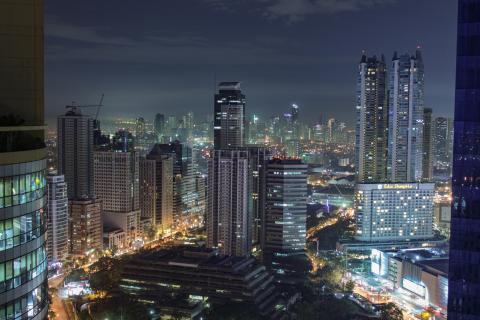
Testing Transparency: The Political Economy of the Extractive Industries Transparency Initiative in Myanmar
Myanmar’s natural resource wealth has bankrolled the military regime and fuelled all sides of the county’s protracted civil wars. Improving the governance of Myanmar’s resources is a key challenge for the new democratically elected government. This paper explores the political economy dynamics of extractive resources in Myanmar and, specifically, the EITI process. It considers how this process has contributed to Myanmar’s continuing economic and political reforms, and identifies challenges in implementing it, and emerging lessons.
Myanmar submitted its first EITI report in January 2016. It marks a level of disclosure about companies and government that would have been unthinkable a few years ago. But the continuing process behind the report matters even more.
Myanmar’s EITI process has provided a forum for cooperation between the state, business and civil society, and has the potential to set a precedent for their interaction on broader issues. The EITI process also has the potential to act as a wedge that could, in time, help expand transparency and accountability. Already, civil society has pushed Myanmar’s EITI process to be both broader and deeper than many observers expected.
Emerging lessons include: that a limited and technically focused international initiative such as the EITI can sometimes provide a vehicle for potentially significant domestic reforms – particularly at moments of broader political and economic change; that shared decision-making platforms for state, private sector and civil society actors can play an important role in building trust and delivering reforms in low trust settings; and that progress, however, may be built on contestation as much as it is on cooperation and coordination.


